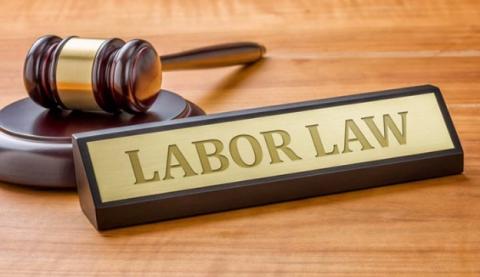Understanding the Main Points of the Brazilian Labor Reform


04
Oct
Understanding the Main Points of the Brazilian Labor Reform


The “Reforma Trabalhista”, or labor reform, is currently a very widely talked about subject in Brazil. This act plans to change some terms of the CLT (labor law). Labor law in Brazil has never been updated ever since its creation in 1943.
The table below shows the differences between the current labor law and what kind of modifications would be made with the proposed labor reform:
| Current Labour Law | New Labor Law |
| Vacations can be divided into 2 parts and one of them can’t be less than 10 days long | Vacations can be divided into 3 parts and one of these parts has to be higher or equal to 14 days and the other 2 can’t be lower than 5 days |
| yees work a maximum of 8 hours per day, 44 hours per week and 220 per month. 2 extra hours per day are allowed | Although the currently stipulated max for hours would still be valid, one update is that an employee can work up to 12 hours in a day under the condition that they have the subsequent 36 hours free |
| The employee which works at least 8 hours per day has the right of having at least 1 hour to rest and a maximum of 2 hours during the work day | The minimum time for lunch is 30 minutes and this can be negotiated with the employer |
| adequately register its employees has to pay a fine equal to the value of the minimum wage plus the same amount for each time it happens |
The fine for companies which keep unregistered employee is fixed to BRL 3000 except for small or micro companies, in which case it would be BRL 800 |
| Pregnant women are not allowed to work in unhealthy places and can not be fired |
Pregnant women are allowed to work in unhealthy places as long as the company presents proof that it wouldn’t affect the health of the mother and the baby |
| The employee has the obligation to contribute to a labor union | Labor union contribution is optional |
| If the company is located in a place with no access to public transportation, the time between the employee’s home to work is counted as worked hours | The time between an employee's home and work is not counted as worked hours |
